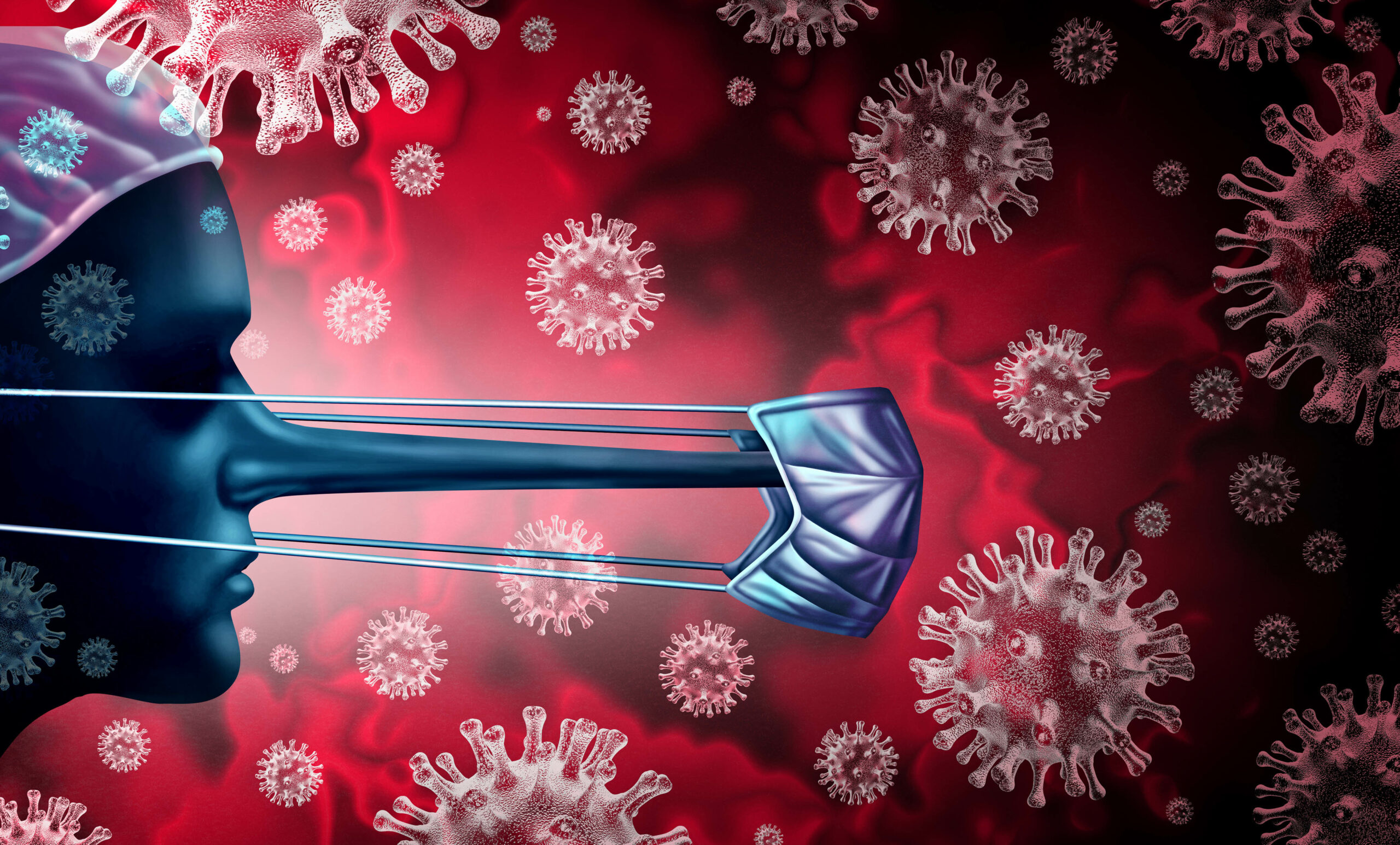As the school year gears up, already campuses are quickly pivoting to online classes due to multiple outbreaks at several college campuses. With widespread misinformation about the COVID-19 circulating on social media and some news outlets, people desperate to protect themselves from the virus or believing the pandemic is a hoax are taking dangerous measures that could put themselves or their loved ones at an increased risk for serious health problems.
A recent study, published in the American Journal of Tropical Medicine and Hygiene, found that the spread of false coronavirus information has contributed to deaths and injuries. As reported by Statista, of the 2,311 reports of conspiracy theories, rumors, and stigmas circulating online in 87 countries related to COVID-19; 24 percent were related to illness, transmission and mortality, 21 percent to control measures, 19 percent to treatments and cures and 15 percent to the cause of the disease and origin. And of the 2,276 reports for which text ratings were available, the study found 1,856 of the claims were false.
When people rely on information about their health from unreliable sources, there is a potential for serious implications. It’s always important to check several, reliable sources when reading news online. Evidence-based guidelines from health agencies are a good place to start when looking for the latest information on transmission, prevention, or treatment of the coronavirus. Despite scientific evidence from multiple sources, many of the myths surrounding COVID-19 persist. Some, including the use of the malaria drug hydroxychloroquine to treat the disease, can lead to a risk for health problems; the United States Food and Drug Administration revoked its initial authorization for emergency use of the drug.
Spreading misinformation without checking facts is easy to do on social media and older adults who trust what they read online can share dangerous information even while meaning to be helpful. A recent Pew Research Center study found that about 16 percent of those surveyed said they had unintentionally shared a story they later found to be false. Not sure if something you read was factual? Check your information with factcheck.org or snopes.com to be sure.
Learn more about sorting the facts from the fiction about COVID-19 by following this link to a recent post by the Centers for Disease Control and Prevention or visit the World Health Organization for up-to-date, evidence-based pandemic advice for the public.






Add Your Voice
0 Comments
Join the Discussion